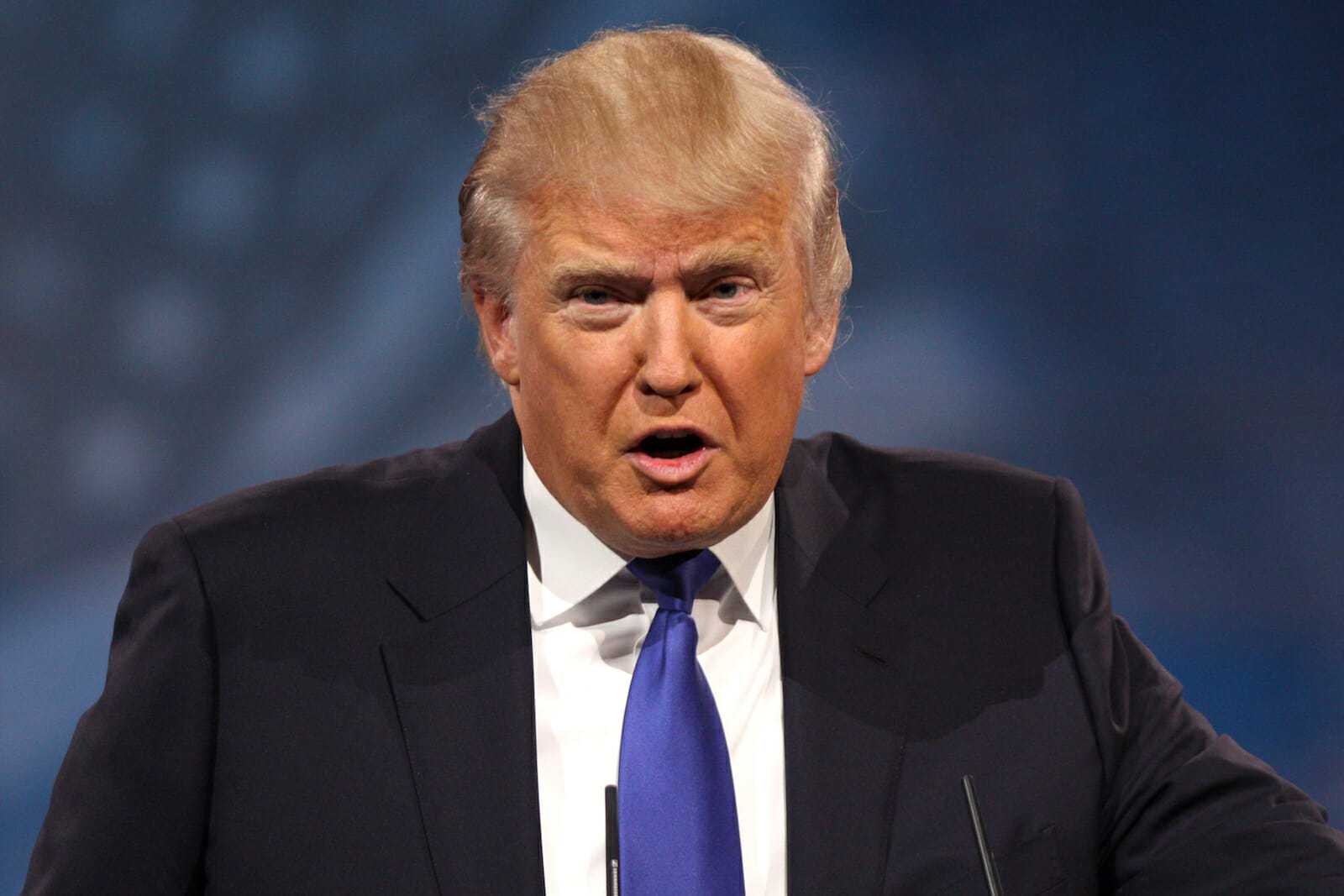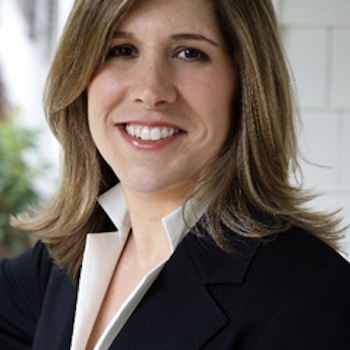
Health
Dear Donald Trump: I Treat Combat Veterans with PTSD, and They are not Weak
Mr. Trump, there’s someone I’d like you to meet.
Well, not one person per se, but the thousands of veterans I’ve had the privilege to work with as a clinical psychologist over the past 20 years. They’ve served this country proudly – shouldering the responsibilities of the world while others went to college or into family business. They’ve served in war zones in Germany, Japan, Korea, Vietnam, Iraq, Afghanistan and places some probably couldn’t pronounce or find on a world map.
These men and women have seen direct combat and the aftermath of battle, and experienced extreme threats to personal safety. They’ve lived through the unthinkable – rocket-propelled grenade and artillery attacks, seeing friends’ bodies ripped in half or faces blown off, handled human remains, intentionally killed enemy combatants and had to live with the haunting consequences of accidentally taking the life of women and children.
In the war zone, our brave men’s and women’s safety is often in danger. Alert around the clock, they are in constant fear of attack, have concern over encountering explosive devices and come within inches of their own death. Even in peacetime, our military face significant stressors – assisting in disaster relief and other humanitarian efforts, exposure to hazards and harmful substances and strenuous physical demands.
I not only have treated veterans with PTSD but have studied PTSD extensively too, at several of our country’s most elite research institutions. I’d like to lay out some evidence to explain why our combat veterans are not weak. They are the strongest people I have ever met.
And, they typically do not want to burden people with their pain. Most would never hold a grudge, go public on social media with their experiences or blame anyone else for their difficulties. Thus, I feel it is important, as a clinician and researcher, to defend these men and women who defended us.
Lives never the same
Combat trauma is a powerful predictor for a number of mental health problems. PTSD is, of course, the most notable consequence, but veterans who have served in war zones also suffer alarming rates of depression, anxiety and substance abuse. And in recent years, the high suicide rates among U.S. service members have soared to an estimated 22 dying by their own hand each day.
If knowing that isn’t enough to make most Americans – including you – hang their heads, pause in appreciation and potentially cry, I’m not sure what would.
Sadly, veterans with PTSD also have what health care professionals call a “reduced quality of life.” They go to work less and use more health care services.
Unless treated, PTSD typically runs a chronic course and haunts a person for many years or decades. Thus, the substantial burden of PTSD is not just on a veteran’s back, but on their families, their communities and society as well.
And as for those who, as you said, “can’t handle” war, a large research literature exists on risk factors that make a person more susceptible to develop PTSD. The science on risk factors for PTSD does not support the idea that veterans are weak! Longer deployment time, more severe combat exposure, more severe physical injury and traumatic brain injury are some of the variables that pack the biggest punch in contributing to PTSD.
Silent suffering adds to the burden
Years ago, while I was running large psychotherapy groups for Vietnam veterans and those who served in the first Persian Gulf war, one of my veterans said to me, “Why do you do what you do?” Without missing a beat, and straight from my heart, I said, “Because there but for the grace of God go I.”
I have no doubt that had I directly experienced or witnessed the things that they did, that I would come home with intrusive, gruesome nightmares, daytime replays of faces who died recurring in my mind, continuing thoughts that I could have done something differently. These are not signs of being weak. These are signs of being human. Caring, loving, wonderful souls.
Many of our nation’s veterans don’t receive the services they need and deserve or wait decades before seeking help. There’s a host of reasons for this, including denial or minimization of problems, avoidance of trauma memories and reminders, stigma and wanting to solve problems on one’s own.
But the biggest barrier, in my clinician experience, and one that has been verified in research is concern over being seen as weak. And so they suffer in silence. For way too long.
‘All these years, I thought was crazy’
About 10 years ago, one World War II veteran was referred to me by a primary care doc. Always dutiful, he came pleasantly to my office on his physician’s orders not really understanding why he was there. As I rattled off some signs and symptoms of trauma-related distress, his eyes widened as if to say, “How do you know what’s been happening to me?” He thought he had buried the horrors deep in his soul. He was shocked when he thought I could see it. This large, strong 80-plus year-old man openly sobbed and said, “All these years, I thought I was crazy, lazy, weak and bad.”
I wanted to cry too. This man suffered in silence for over 60 years. How sad is that?
In the line of duty and service to our country, men and women risk lasting impact on their mental and physical well-being, as well as on their families. They deserve respect, not shaming.
This article was originally published on The Conversation. Read the original article.
